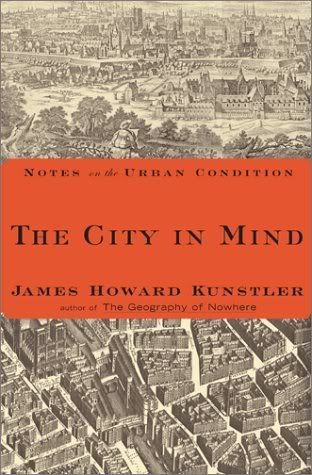It is so blatantly one-sided, biased, and offensive that it reminds me of Mary McCarthy's blast at Lillian Hellman: "Everything she wrote is a lie, including 'and' and 'the.'"
When the country's racial chasms seemed to threaten President Obama's election, his team had to tread carefully. A month into his administration, the tone has changed. Top officials are engaging the subject of race more freely, with a boldness and confidence they once shunned."When the country's racial chasms seemed to threaten President Obama's election" -- Baloney. Obama's opponent, the twit from Arizona, did backflips to avoid anything to do with race, refusing even to mention The Messiah's 20-year membership in the congregation of the notorious anti-white racist, the Reverend Wright. The country's captive media worshiped Obama for his race, or races, as the Great Healer who would bring us all together.
"Top officials are engaging the subject of race more freely" -- trying to squeeze every last drop out of the white guilt that Obama's election was supposed to make irrelevant.
With the federal government's annual African American History Month celebrations as a backdrop, the attorney general, the first lady and the head of the Environmental Protection Agency spoke more frankly about race recently than any of Obama's surrogates did during the hard-fought campaign."The federal government's annual African American History Month" reads like an unconscious slip on the writer's part. It's annual, all right: lasts the whole live-long year. Spoke frankly about race? There is no frankness here, just a power play. But let us, indeed, speak frankly.
Lisa P. Jackson, the EPA administrator and a native of New Orleans, told her staff about having grown up in an area where she would have had to drink from unsafe water fountains because of her race. "Now in 2009, I am, along with you, responsible for ensuring that all Americans have clean water to drink," Jackson said. "Change has certainly come to this agency."I'll give her the benefit of the doubt about the first claim. But "change has certainly come to this agency"? In other words, until Ms. Jackson was appointed by the Messiah, the EPA had no interest in clean drinking water, or no interest in clean drinking water for African Americans? Yes, change has come to the agency, right enough. What used to be about inefficient, regulation-mad, bureaucratic environmental care is now folded into the racial spoils system.
First lady Michelle Obama hosted middle-schoolers in the White House East Room and taught the children about African Americans and their roles in the executive mansion: the slaves who built it, the signing of the Emancipation Proclamation there, the meetings held with civil rights leaders.Slaves did not build the White House. They were among many kinds of people, including free African Americans, involved in the construction. Slaves certainly did not design the White House, its original architect being James Hoban, an Irish American. I doubt very much that any of these distinctions were made by Michelle Obama in her "teaching." The children left Her Presence believing that slaves did it all while white overseers cracked whips to make them work faster.
Attorney General Eric H. Holder Jr., who ignited the most debate, used his Feb. 18 address as an admonition that "to get to the heart of this country, one must examine its racial soul.""Though this nation has proudly thought of itself as an ethnic melting pot, in things racial we have always been and continue to be, in too many ways, essentially a nation of cowards," Holder said. "Though race-related issues continue to occupy a significant portion of our political discussion, and though there remain many unresolved racial issues in this nation, we, average Americans, simply do not talk enough with each other about race."
This manipulative, mean-spirited speech has been so criticized that I won't spend much time on it.
Since the 1960s, Americans have talked with each other about race more than any other subject except the economy. What the AG means is that not everyone has yet surrendered to the idea that whites are forever and irremediably guilty for events in the long-ago past, despite the indoctrination camps formerly known as universities, and are not ready to sign on to The Messiah's dreams of race replacement, along with a bottomless cup of welfare benefits and reparations for the racial group he has chosen to identify with.
For fake balance, the writer allows one or two dissenting comments, but they are all of the "we can't speak out too much to soon, the whites aren't ready for it, and their racist souls might be stirred up" variety. But, the writer concludes, "other people have shushed protesters as overly sensitive."
I can't bring myself to analyze the rest of this disgraceful piece of dishonest journalism. I guess I'm overly sensitive.


































